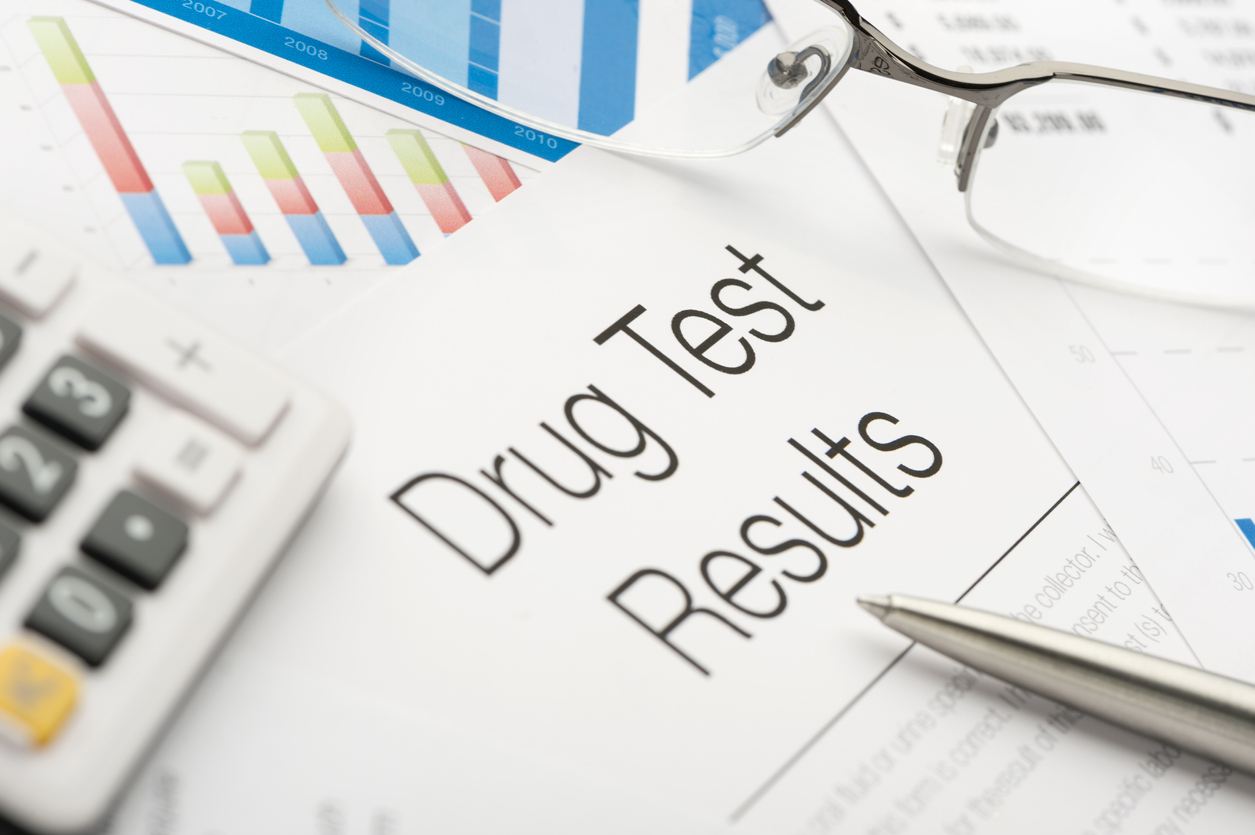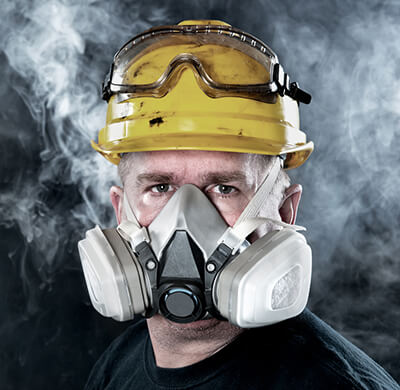
You may be asked to undergo a drug test for a variety of reasons, including employment. However, with the ongoing COVID-19 (Coronavirus Disease 2019) pandemic, the procedure has become a challenge for healthcare providers and patients alike. Adjusted protocols are created to guide clinicians on when and how to conduct drug tests for patients.
The Purpose of Drug Testing
People may undergo drug testing for several reasons, including:
- Requirements for pre-employment
- Testing for performance-enhancing drugs in athletes
- Aiding a legal or forensic investigation
- Monitoring prescription medication use
Drug testing is also carried out for suspected substance abuse or to investigate a possible overdose.
Concerns About Virus Exposure During Sample Collection
Asking patients to be personally present in a clinic in order to provide samples may increase their chance of exposure to the virus; patients may be exposed to the virus through travel or through the healthcare facility itself. Clinicians and staff are also at risk, just as they are in any medical facility.
In the case of patients with substance use disorders who need medication, physicians may decide to forego the collection of biological specimens and instead continue providing access to medications.
Employers may consider using mobile collection services if regular stationery collections sites are unavailable. They may also conduct drug testing at a later date as long as the necessary requirements and regulations are followed accordingly. For example, the DOT (U.S. Department of Transportation) requires applicable employers to document why testing is not completed if drug tests are not possible due to COVID-19-related reasons.
Conducting a Safe Drug Test During COVID-19
For healthcare facilities that continue or resume drug testing during the pandemic, the following guidelines must be followed:
- Have sufficient personal protective equipment (PPE) for all members of the staff.
- Ensure that patients wear masks per local or state regulations.
- Maintain at least 6 feet of distance between the staff and patients.
- Ensure a large-enough working space to allow 6 feet of physical distance.
- Use barriers, if possible.
- Sanitize collection areas after each use.
In addition to respiratory droplets, research shows that the virus can be found in the urine samples of an infected individual. As such, clinicians need to take necessary precautions when handling urine and saliva samples.
The Centers for Disease Control and Prevention (CDC) advises clinics and hospitals to post signs with prevention actions at the entrance and waiting areas. Collection sites must provide supplies for cough etiquette and hand hygiene, including alcohol, tissues, and soap at sinks.
Observance of these guidelines ensures a safe and effective environment for patients as well as hospital personnel.
Drug Testing in Grand Junction, Colorado
Many healthcare facilities continue to provide services during the pandemic despite having limited resources. You can trust WorkPartners Occupational Health to give you the occupational health services you need. We make sure to provide accurate results and discreet testing options. We can perform urine and breath collections for any employer.
If you have any questions or would like to schedule an appointment with us, you may call (970) 241-5585 or fill out our online request form. We look forward to serving you.






